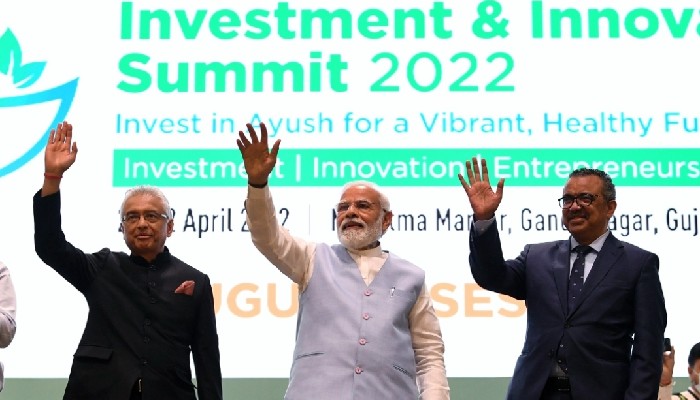The government has asked universities to find out the measures India had taken to economically recover from the 1918 pandemic
So far, India has reported more than 322,000 positive cases including 9,207 deaths.
NEW DELHI: The government is looking to learn from the best practices of villages as cities grapple to deal with the rising number of coronavirus cases. The government has asked all colleges and universities to research on the way villages and rural areas have handled the covid-19 crisis and have dealt with social-economic challenges in the past few months.
Also, it has asked universities to find out the measures India had taken to economically recover from the 1918 pandemic, or the Spanish Flu, according to an official directive sent to all educational institutions and a person familiar with the development.
“We require greater cooperation, understanding and adaptability to the situation. Importantly, there is a pressing need to sensitively analyse the impact of the pandemic, as well as the role played by communities in agrarian part of the country," according to a letter written by the University Grants Commission (UGC) to universities and colleges. Mint has reviewed a copy of it.
The human resource development (HRD) ministry controlled-UGC also said higher education institutions may also facilitate a parallel study on the impact of the 1918 pandemic on India, elaborating “how India handled the 1918 pandemic and what measures India took to boost the Indian economy after the pandemic."
So far, India has reported more than 322,000 positive cases including 9,207 deaths and ranks fourth in the world in terms of total infections. A sizable portion of cases have come from few states including Maharashtra, Delhi, Gujarat and Tamil Nadu. The positive side, however, is nearly 18 states and union territories have less than 2,000 cases each and several states have reported over 70% recovery rate.
A national lockdown of followed by a gradual unlocking has resulted in the severe disruption of industrial production and consumer spending and several multi-lateral agencies have said that India’s GDP will contract significantly in 2020-21. India’s factory output contracted by a record 55.5% in April as industries remained closed in the first month of the nationwide lockdown.
“While the cities have struggled, some interesting practices are emerging from blocks and village level. It would be interesting to capture them explore how to scale up good practices," said an official familiar with the development. The official said the learning from best practices from rural Rajasthan to Kerala or from Odisha to Sikkim will be helpful for other states.
“The infection seems to be staying here for some time and in the absence of medicine, it is better to learn from each other. The study outcomes may be used while planning guidelines post 30 June," the person added.
The UGC has said that each of the colleges and universities should take up their study in five to six villages in their vicinity. “The focus of this study would be to elaborate on the following issues: What was the awareness level in the villages regarding covid-19, how did the village withstand various challenges posed by it and what were the best strategies and measures adopted by the villages to combat the challenges posed by covid-19".
The official cited above said that reviving the rural economy will be key in a post-covid period and learning the good and bad of “our agrarian communities" will be helpful to devises guidelines in the short run to contain the possible spread and in the long run, module a systemic economic revival plan.
 Contact Us
Contact Us  Subscribe Us
Subscribe Us









 Contact Us
Contact Us
 Subscribe
Subscribe
 News Letter
News Letter

